Tag: liberal arts
-

The Story of Civilization: The Golden Age of Greece
If someone were to stop you on the street and ask, “What is classical education?” I might have just described a nightmare scenario for a classical school parent. “Umm,” you begin. “It’s the trivium—grammar, logic, and rhetoric.” “It’s…classical art and music. Like Beethoven and Mozart. Plus math and science.” “It’s the pursuit of goodness, truth,…
-

A Coherent and Holistic Education: Book Review of Elaine Cooper’s The Powerful and Neglected Voice of Charlotte Mason
In this series, I want to review and highlight the Charlotte Mason Centenary Series of monographs released in 2023. The 18 books in this series are brief and readable volumes that encapsulate a diverse range of topics related to the life, writings and philosophy of Charlotte Mason. My intention is to select a few of…
-

Slow Productivity in School, Part 2: Do Fewer Things
In my last article we discussed the problem of pseudo-productivity in school. Popularly called busywork, this pseudo-productivity of the factory model of education presents a fairly straightforward analogy to the pseudo-productivity of the office. In his book Slow Productivity: The Lost Art of Accomplishment Without Burnout, Cal Newport diagnosed the problem of our crazy busy…
-

The Search for Great Teaching: A Comparison of Teach Like a Champion 3.0 and Christopher Perrin’s Pedogogical Principles
One interesting addition to Doug Lemov’s Teach Like a Champion series in his third edition (Teach Like a Champion 3.0) is his notion of a mental model. He introduces the idea like this: “In a typical lesson you decide, often quickly. Then you decide, decide, and decide again. You are a batter facing a hundred…
-

The Role of Imagination in Education
Imagination. The word brings so much to mind for us today. If there’s one thing that everybody can agree on for children, it’s the need to help them develop a vivid imagination through school, play, and well… everything they do. Or perhaps, ‘develop a vivid imagination’ is the wrong way of putting it. “Every child…
-
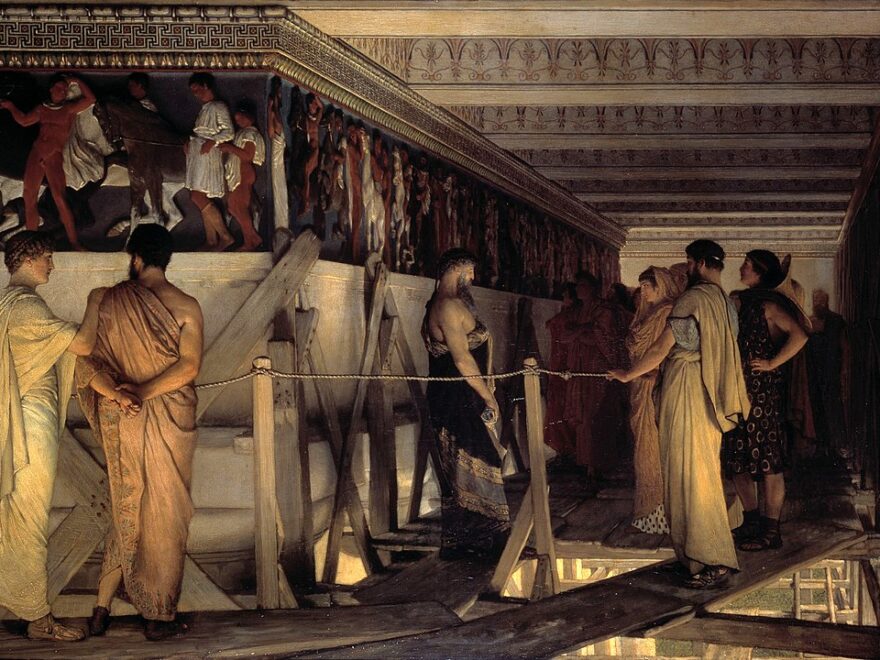
Counsels of the Wise, Part 7: Leadership, Liberal Arts, and Prudence
In the previous article we finally laid out a pedagogy for training students in prudence. While there are many preliminary actions that we can take to sow the seeds of prudence and provide for students’ good instruction from sources of moral wisdom, it is nevertheless true that the full acquisition of practical wisdom awaits a…
-
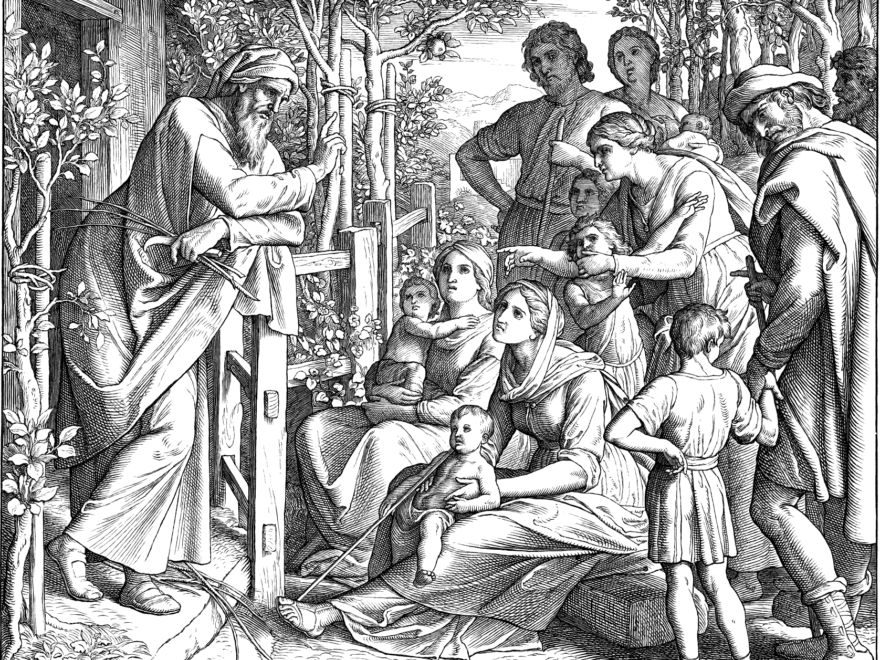
Why Classical Education Needs a Theology of Wisdom: A Foundation for Wise Integration in the Modern World
The modern world of education is characterized by the opposites of integration: isolation and reductionism. Colin Gunton, in the 1992 Bampton Lectures at Cambridge, entitled The One, The Three and the Many: God, Creation and the Culture of Modernity, uses the terms, “disengagement” and “fragmentation” to describe the predicament of modernity. The term “disengagement” he…
-
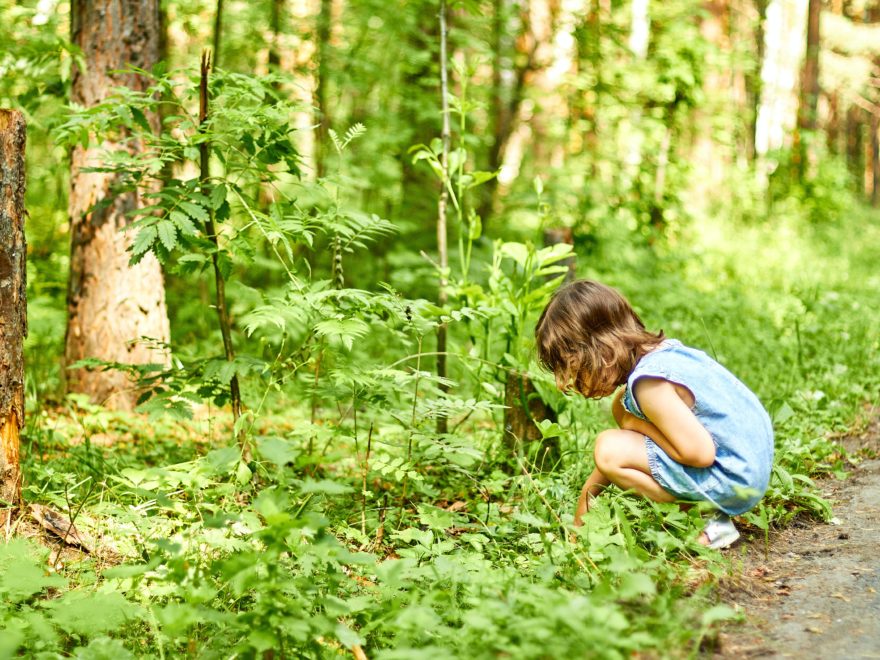
The Drive to Learn: Three Views on the Desire for Knowledge
What is the purpose of knowledge? What is its draw? What drives us to learn and pursue knowledge about God, the world, and ourselves? Most educators agree that pursuing knowledge is a primary goal of education. But views diverge soon after, specifically when questions about the purpose of knowledge emerge as well as what fields…
-
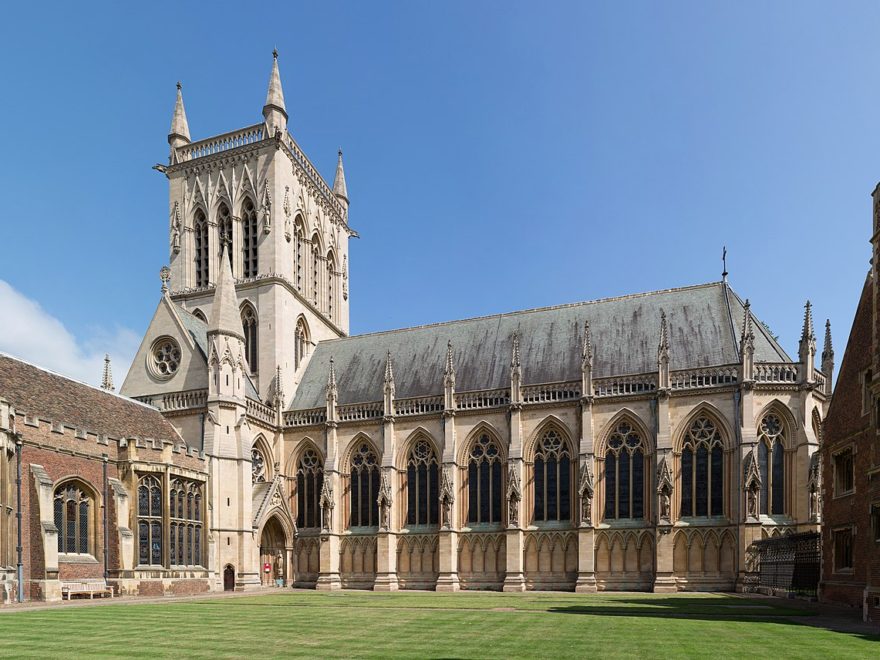
Counsels of the Wise, Part 3: The Practical Nature of Prudence
In this series we are recovering several lost goals of education by exploring Aristotle’s intellectual virtues as replacement learning objectives for Bloom’s taxonomy. Prudence or practical wisdom (phronesis) is one such lost goal, which is endorsed by the biblical book of Proverbs and the New Testament, even if Aristotle’s exact terminology is not adhered to.…
-
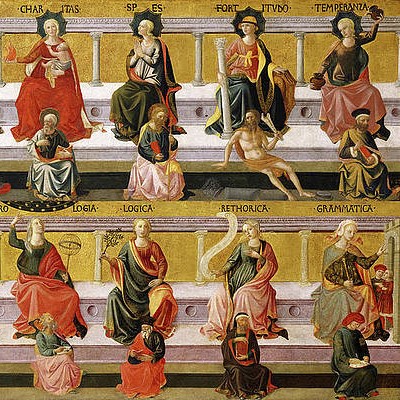
Exploring Our Educational Ideals: Following along Gulliver’s Travels
Since its publication in 1726, Gulliver’s Travels by Jonathan Swift has been a popular read both for its initial audience as well as for generations of readers since. In my most recent reading of this travelog with our Enlightenment Humanities class at Clapham School, I was struck by Swift’s thoughts on education. Excavating the claim…
